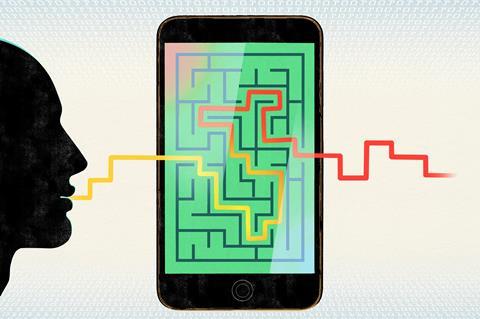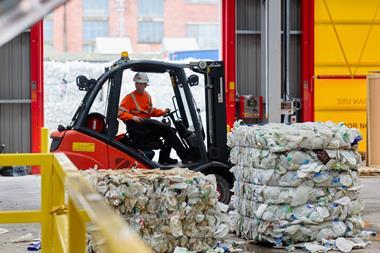But to communicate well, it’s even better to listen

In the old days, back when we were allowed to come within two metres of one another, we used to talk. Today, however, talking has largely been replaced by a variety of other activities – emailing, messaging, Skyping, Zooming. We don’t talk anymore – we communicate.
Of course, communication was also prevalent in the pre-lockdown era, particularly in the world of work. Many job ads list good communication skills as a requirement, though often while being vague about what that actually means. You could also choose from hundreds of courses named things like ‘how to communicate effectively’ to pick up some tips and tick off your transferrable skills training requirements. (If you were really lucky, you got a free lunch as well.)
It’s easy to take communication skills for granted when you can lean over to someone in the same room as you for a brief word. However, now that many of us are physically isolated from our colleagues, staying in touch requires more conscious effort as we try to work out how best to share our thoughts.
For starters, you have to consider what the other people you want to talk to might be doing. Many people currently work unusual hours as they balance home responsibilities with work, so your quick question is best typed into an email or instant message. At which point the question suddenly becomes much less quick, even if you are a champion speed typist and can resist the urge to rephrase each sentence five times before hitting send.
That’s not to say you’ll be able to ask that question more efficiently in a phone or video call. Despite the similarities these share with talking face to face, they still seem to take longer and often lack a natural conversational flow. In part, I think this stiltedness stems from the fact that many of us naturally interrupt and talk over each other, something that digital audio streams struggle to process. On a call, if you’re talking, you have to consciously pause and invite others to contribute. If you’re not talking, you have to be a good listener.
And so, through all the difficulties and frustrations, maybe we’ll emerge from lockdown as better communicators. After all, great communication is a two-way process. It’s not just about what you say or write – it’s about how you consider the needs of others and pay attention to what they say. Even if you’re still working in the same room as your colleagues, you’re probably still getting more practice at this than normal, as social distancing measures force you to be more aware of where the people around you are, and to take note of what they are doing and how your actions might affect them. In the end, perhaps all this distance between us will bring us closer together.












No comments yet